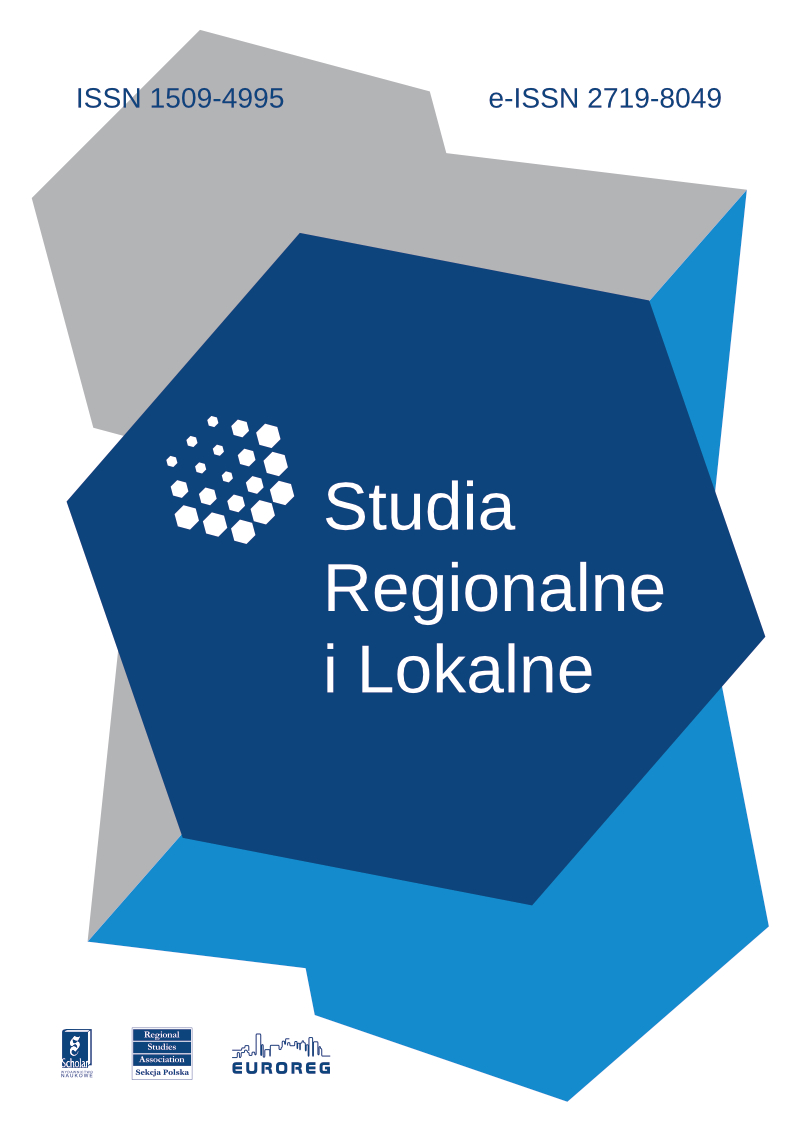Nowe interpretacje teoretyczne polityki wielkomiejskiej
Artykuł przedstawia rozwój koncepcji teoretycznych, które w ostatnich latach stosowano w badaniach nad polityką wielkomiejską. W centrum uwagi znajduje się propozycja teoretyczna rescaling, u której podstaw leży uznanie konieczności przestrzennej reorganizacji badań i praktyki polityki miejskiej. Wobec reterytorializacji szczególne znaczenie zyskuje szczebel lokalny, regionalny i miejski, na których rozgrywa się globalizacja. Procesy globalizacji, stawiając wielkie miasta wobec konieczności konkurencji międzynarodowej, wpływają między innymi na ich organizację. Obecny dyskurs nad zarządzaniem metropolitalnym znacznie odbiega od debaty prowadzonej w duchu starego regionalizmu. Zarządzanie metropolitalne doświadczyło przekształcenia – nastąpiło odejście bowiem odejście od relacji wertykalnych, redystrybucyjnych i koordynacyjnych przebiegających w ramach struktur i polityk państwowych, ku horyzontalnemu konkurowaniu z innymi światowymi metropoliami o przyciąganie kapitału zewnętrznego. W obrębie mało elastycznych ram instytucjonalnych wykształcają się relacje przekraczające tradycyjnie zdefiniowane poziomy organizacji. Rozwijanie dla nich ram konceptualizacyjnych stanowi tym poważniejsze wyzwanie dla współczesnych badań polityki wielkomiejskiej, gdyż skuteczność instytucjonalnych rozwiązań metropolitalnych często pozostawia wiele wątpliwości.
New Theoretical Interpretations of the Urban Politics
The article, referring to the elaboration offered in 2005 by Swianiewicz, presents the very recent development of the theoretical concepts used in urban political research. It concentrates on the rescaling concept, which assumes the need for territorial reorganization of urban research and practice. Reteritorialization implies an increase in the importance of the sub-state levels, i.e. the levels most affected by globalization. Globalization has forced big cities to compete internationally, which also influences their organization. The debate on metropolitan governance has changed significantly in comparison to the one of the old regionalism – less attention is paid to administrative solutions, more to conditions and mechanisms of international functioning of metropolises. Metropolitan governance has moved from vertical, redistributive and coordinative relations within the state towards a horizontal competition with other metropolises. New relations, cutting across the traditional levels of organization, are being created within the current stable institutional framework. One of the biggest challenges for contemporary urban political studies is the elaboration of conceptual frames for those relations. The challenge is especially important as institutional solutions to metropolitan areas still leave a lot of questions and doubts.
Affiliation:
Marta Lackowska: Uniwersytet Techniczny w Darmstadt, Insitut fuer Politikwissenschaft, Fachbereich 2, Marktplatz 15 - Residenzschloss, 64-283 Darmstadt, Niemcy;
Uniwersytet Warszawski, Wydział Geografii i Studiów Regionalnych, Zakład Rozwoju i Polityki Lokalnej, Krakowskie Przedmieście 30, 00-927 Warszawa;
m.lackowska@uw.edu.pl 


